What do you think?
Rate this book
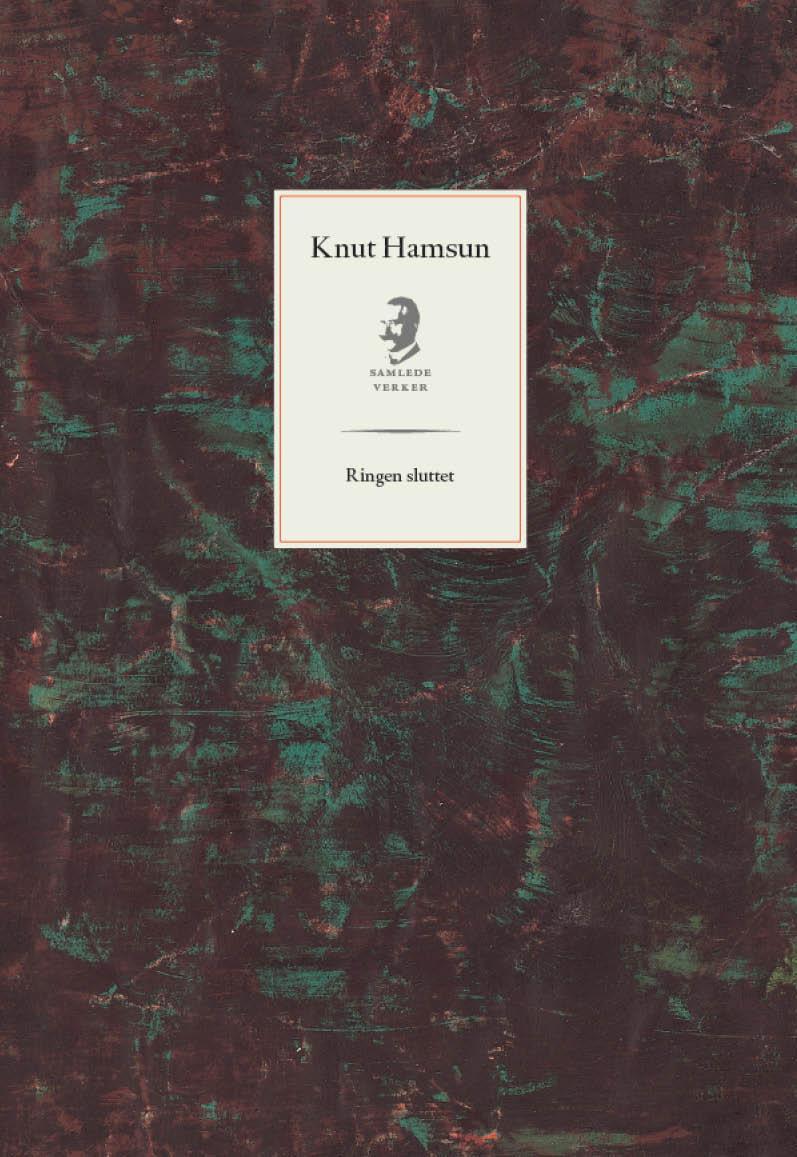

332 pages, Hardcover
First published January 1, 1936
 The cover: Evening on Karl Johan Street by Munch (1892)
The cover: Evening on Karl Johan Street by Munch (1892)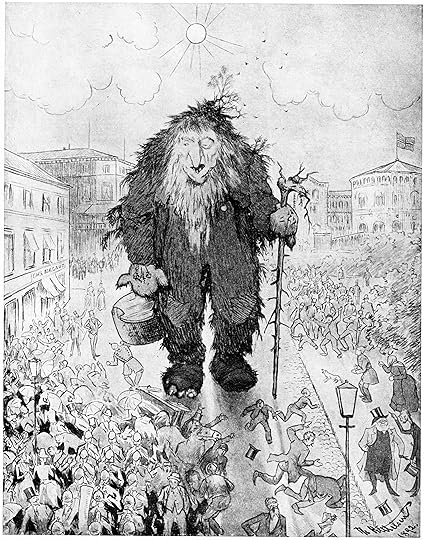 Trollet på Karl Johan - Theodor Severin Kittelsen
Trollet på Karl Johan - Theodor Severin Kittelsen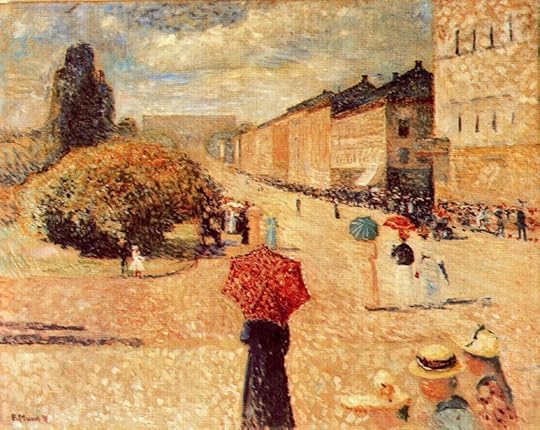 Oooo! looksee here: Spring Day on Karl Johan Street - Edvard Munch
Oooo! looksee here: Spring Day on Karl Johan Street - Edvard Munch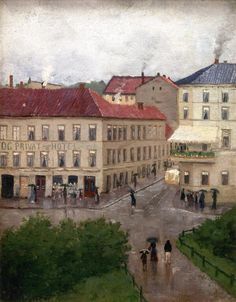 Street Corner on Karl Johan, Grand Cafe', Edvard Munch
Street Corner on Karl Johan, Grand Cafe', Edvard Munch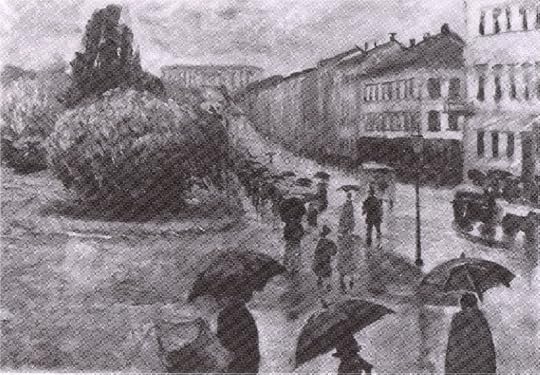 Edvard Munch Rainy day street Karl Johan.(1891)
Edvard Munch Rainy day street Karl Johan.(1891) Ibsen på Karl Johan ved Stortinget (Ibsen by the Parliament Building on Karl Johan Street by Christian Krohg
Ibsen på Karl Johan ved Stortinget (Ibsen by the Parliament Building on Karl Johan Street by Christian Krohg"All of us, we think we've got to get something out of this world, to squeeze out as much as possible, long for more – and then die." (279)
"Is there really never anything else?" (3)The Ring is Closed was written by Hamsun at the very end of his literary career, when he was seventy-seven years old. It is probably my least favorite work by Hamsun, as it stands – but even so there is something to it. For lack of a better expression, it got to me. Without the focus of Hunger, the scope of Growth of the Soil, the exuberance of Pan, the playfulness of Mysteries, or the romanticism of Victoria, The Ring is Closed somehow included and recalled elements from many of these earlier works while avoiding direct comparison (and, to be fair, without being of quite the same quality). Bleak and controlled, it felt precisely like the work of an author nearing his end, reflecting on it all – life, death, the bad things you did and maybe some of the good ones as well. Maybe that's what made it so sad. Or maybe it was the knowledge that Hamsun wrote this novel after his political mistakes and tribulations.